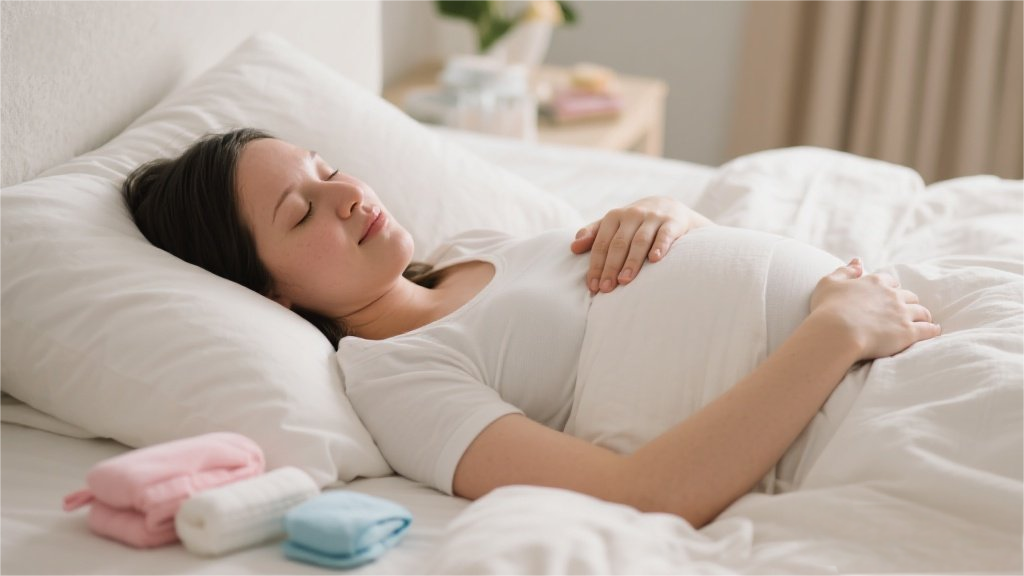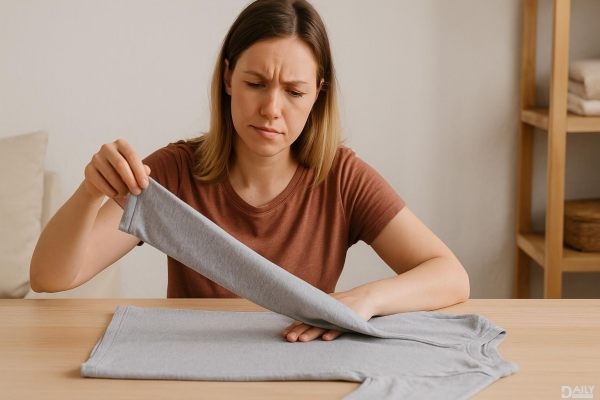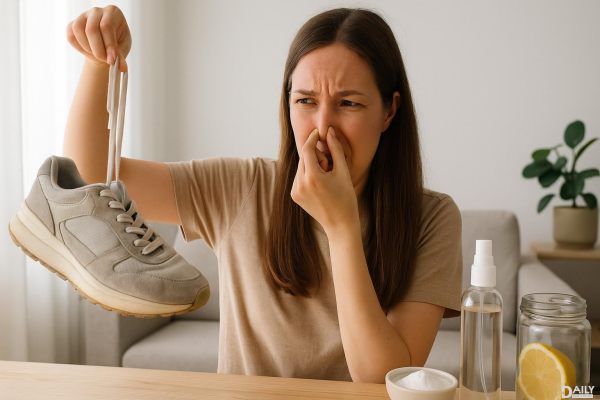If you've ever found yourself staring at the ceiling at 3 a.m. a few days before your period, you're not alone—and no, it's not just bad luck. That pre-period insomnia is a real thing, and it's got everything to do with your hormones doing their monthly rollercoaster routine. Progesterone, the hormone that usually helps you feel calm and sleepy, takes a nosedive right before menstruation, leaving you wide awake when you should be catching Z's. And estrogen? It's out here playing games too, dropping levels and messing with serotonin, which is basically your brain's natural sleep regulator. So yeah, your body's chemistry is absolutely the culprit behind those nights where you're somehow both exhausted and wired.
The Hormonal Tug-of-War Behind Your Sleepless Nights
energized, clear-headed, and sleeping like a baby. But after ovulation, progesterone steps in, and while it’s great at keeping you relaxed, its sudden drop right before your period is like your body slamming the brakes on sleep support. Dr. Levitt wasn’t kidding when she said this hormonal shift can straight-up sabotage your slumber. And if you're someone who already deals with PMS symptoms like bloating, cramps, or mood swings, your sleep quality takes another hit because discomfort + hormonal chaos = a perfect storm for insomnia.
Why Your Brain Won’t Shut Off Before Your Period
Ever notice how your anxiety likes to throw a late-night party when you're PMSing? Blame it on the estrogen-progesterone tango again. Low estrogen means less serotonin, and less serotonin means your brain’s not getting the memo to chill out. Meanwhile, cortisol (your stress hormone) might decide to spike, because why not? It’s like your body’s trolling you. And let’s not forget melatonin—the sleep hormone that gets thrown off balance when progesterone dips. So even if you’re dead tired, your brain’s stuck in overdrive, replaying that awkward thing you said in 2012 or convincing you that you forgot to send a work email (you didn’t).
Other PMS Symptoms That Steal Your Sleep
Hormones aren’t the only sleep thieves—classic PMS symptoms can turn your bed into a torture chamber. Night sweats? Check. Restless legs? Yep. Bloating making it impossible to get comfy? Absolutely. And if you’re someone who gets menstrual migraines, those can hit at night too, leaving you clutching your head instead of your pillow. Plus, mood swings and irritability can make it harder to wind down, turning your pre-bed routine into a frustrated scroll through TikTok until sunrise. It’s a vicious cycle: poor sleep makes PMS worse, and worse PMS makes sleep even harder to come by.
How to Actually Get Some Rest
Before you resign yourself to a week of exhaustion, there are ways to fight back. First, track your cycle so you know when the insomnia might hit—forewarned is forearmed. Then, tweak your routine: cut caffeine after noon, avoid screens before bed (blue light messes with melatonin), and try relaxation techniques like deep breathing or yoga. Some people swear by magnesium supplements to ease PMS symptoms and improve sleep, but check with your doc first. And if all else fails? Embrace the fact that your body’s doing weird things and give yourself permission to rest when you can—even if it’s a 20-minute power nap on your lunch break.
At the end of the day (literally), period-related insomnia sucks, but it’s not forever. Knowing why it happens—and that it’s not just in your head—can help you take steps to minimize the damage. And if your sleep struggles feel unmanageable, don’t hesitate to talk to a healthcare provider. You deserve rest, even when your hormones are acting up.
























